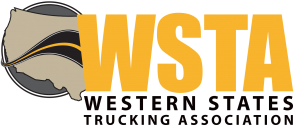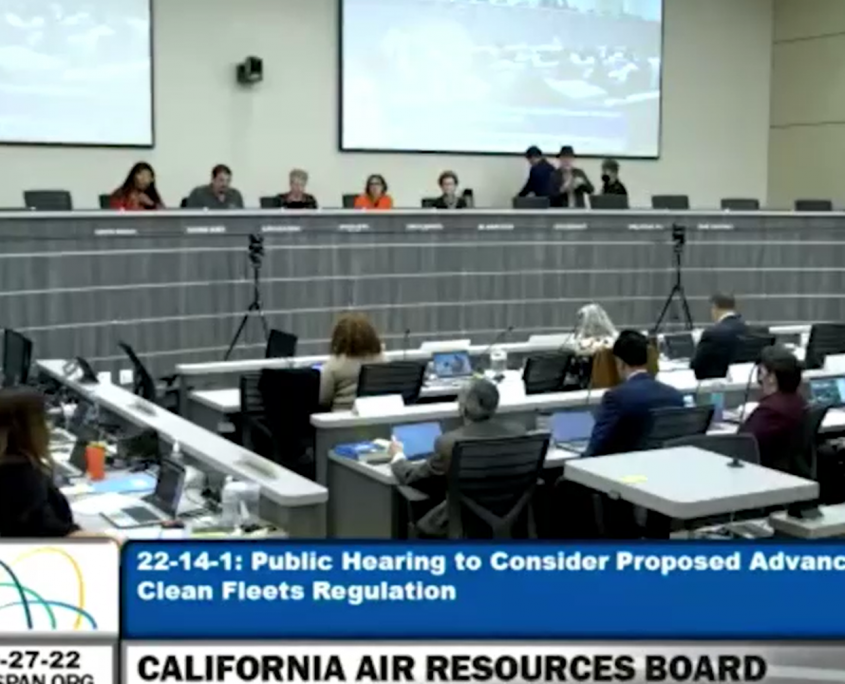CARB Chair Liane Randolph to Retire from State Service
SACRAMENTO – Governor Gavin Newsom today announced that California Air Resources Board (CARB) Chair Liane Randolph will be retiring from state service effective September 30, 2025 and named Senior Advisor to the Governor for Climate Lauren Sanchez to serve as the next CARB Chair.
“Serving the public has been the honor of a lifetime and I am incredibly proud of everything the agency has accomplished over the last five years. I thank Governor Newsom for the opportunity, my fellow board members for their partnership, and CARB staff for their unwavering dedication to the mission of clean air and a better future for all Californians,” said Chair Randolph. “As I leave state service, I do so with gratitude and hope — knowing the next generation is ready to lead with courage, compassion and conviction. Lauren brings intellect, tenacity and a deep commitment to California. I pass the baton with full confidence in her ability to carry this work forward with heart and vision.”

During her time as Chair, CARB expanded its focus on improving conditions in communities that suffer from the highest levels of air pollution in the state, and the Board has adopted landmark climate and environmental policies, including the 2022 Scoping Plan laying out California’s path to carbon neutrality by 2045, and implementing Governor Newsom’s 2020 executive order on zero-emission vehicles, accelerating the transition to a cleaner transportation system.
Other agency accomplishments during Chair Randolph’s term include:
- Adopting a plan that ended agricultural burning in the San Joaquin Valley
- Overseeing a plan to expand the Community Air Protection Program to 64 communities that have been consistently nominated for the program
- Putting nearly $10 billion into projects through the California Climate Investments program using revenue from Cap-and-Invest auctions, also known as Cap-and-Trade
- Adopting regulations to advance zero-emission technology including Advanced Clean Cars II, Advanced Clean Fleets, In-Use Off-Road Diesel-Fueled Fleets, Small Off-Road Engine Exhaust Emission and In-Use Locomotive rules
- Launching Clean Truck Check, a comprehensive inspection program for heavy-duty vehicles
- Updating the Low Carbon Fuel Standard to drive private investment toward cleaner fuels
- Initiating the Carbon Capture, Removal, Utilization, and Storage program
- Launching a first-in-the-nation satellite project to reduce methane leaks
- Started rulemaking for corporate greenhouse gas emissions and climate-risk reporting
- Working with the legislature to extend the Cap-and-Invest program to 2045
Chair Randolph dedicated the majority of her career to public service, including more than 20 years in state leadership roles, most recently as CARB Chair since 2021. Prior to her work at CARB, Randolph served as a Commissioner at the California Public Utilities Commission from 2015 to 2021, Deputy Secretary and General Counsel at the California Natural Resources Agency from 2011 to 2014 and Chair of the California Fair Political Practices Commission from 2003 to 2007.
Chair Sanchez starts October 1, 2025, and assumes Chair Randolph’s current term which ends in December 2026. The appointment is subject to Senate confirmation


 The Hearing: I was one of over 200 speakers that addressed the proposal. Several dozen fleet owners and industry associations, including WSTA’s Joe Rajkovacz and legal counsel, pointed to the voluminous legal, economic, environmental and infrastructure-related consequences that mandating 500,000 electric or hydrogen trucks would have on the supply chain. Unfortunately, proponents were well organized (as is typical) with well over 150 speakers representing like-minded states, environmental groups and organized labor. They all pushed the Board to forge head faster than proposed by the staff.
The Hearing: I was one of over 200 speakers that addressed the proposal. Several dozen fleet owners and industry associations, including WSTA’s Joe Rajkovacz and legal counsel, pointed to the voluminous legal, economic, environmental and infrastructure-related consequences that mandating 500,000 electric or hydrogen trucks would have on the supply chain. Unfortunately, proponents were well organized (as is typical) with well over 150 speakers representing like-minded states, environmental groups and organized labor. They all pushed the Board to forge head faster than proposed by the staff.

